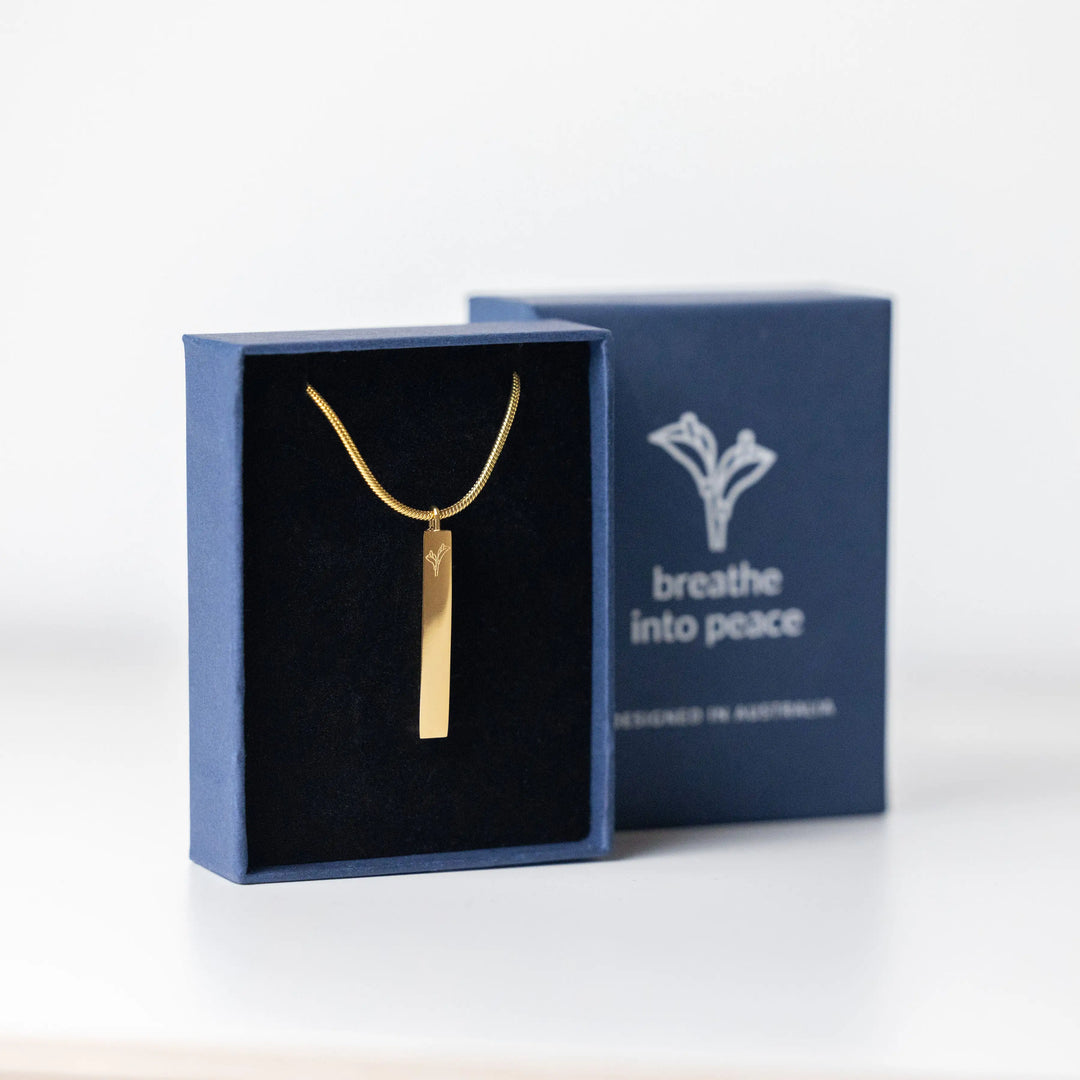Anxiety Attack Help: Uncovering the Leading Causes of Anxiety
Anxiety disorders have become more rampant in the past few years. According to a report from the Australian Bureau of Statistics, nearly 18% of Australians 16 years old and older have anxiety disorder, while 12.5% or 1 in eight people worldwide experience panic and anxiety. So why are people becoming more anxious, and more importantly, what are some of the best natural remedies for anxiety? Read on to find out common root causes of anxiety and how to deal with them healthily.
Knowing the Roots: The Leading Causes of Anxiety
Dealing with the root cause gives us accurate, long-lasting, if not permanent, solutions to any disorder, mental or physical. Unlike surface-level treatments that merely temporarily mask the problem, delving into the root cause empowers individuals to reclaim control over their well-being, fostering resilience and providing the potential for enduring health and happiness. It’s not just about managing symptoms—it’s about unlocking the door to a future free from the constraints of the disorder, offering the prospect of a healthier, more fulfilling life.
Here’s a breakdown of the key contributors to panic and anxiety:
1. Genetics: Various research suggests that anxiety disorders can be inherited. If someone in your immediate family has struggled with anxiety, your risk of developing it might be higher. Genetic predisposition plays a significant role in shaping our mental health.
2. Brain Chemistry: Within our brains, delicate balances of neurotransmitters like serotonin and dopamine play a crucial role in regulating mood and emotions. When these chemicals are imbalanced, it can lead to the manifestation of anxiety disorders. Understanding this chemical interplay provides important clues about the origins of anxiety.
3. Personality and Temperament: Some individuals possess personality traits that make them more susceptible to anxiety. Perfectionism, low self-esteem, or a tendency to get easily flustered can heighten vulnerability. Exploring these traits helps us comprehend why certain personalities are more prone to anxiety-related challenges.
4. Environmental Factors: Traumatic life events can trigger anxiety disorders. Exposure to abuse, violence, divorce, or the loss of a loved one has the potential to leave a lasting emotional impact, often manifesting as anxiety. Seeking assistance in such instances is imperative to ensure that one receives the necessary care to overcome the emotional trauma. Prolonged stress from work, academia, or interpersonal relationships can also trigger or cause anxiety attacks.
5. Medical Factors: Certain medical conditions and medications can mimic or worsen anxiety symptoms. For instance, hyperthyroidism, a condition where the thyroid is overactive, shares similarities with anxiety. Understanding these medical intricacies is crucial for accurate diagnosis and treatment.
6. Substance Abuse: including drugs and alcohol, is linked to the onset of anxiety disorders. Moreover, when individuals withdraw from these substances, they often experience intense anxiety, further complicating their mental health.
7. Cognitive Factors: Our thoughts and beliefs profoundly impact anxiety. Unhealthy thinking patterns can exacerbate anxiety symptoms, trapping individuals in a cycle of fear and worry. Identifying and addressing these cognitive factors are fundamental steps in managing anxiety disorders.
Understanding Panic Attacks and Anxiety Attacks: The Difference
Although the terms are sometimes used interchangeably, the terms confuse many people. Here's how they differ:
Anxiety Attack:
- Gradual Onset: Anxiety attacks usually develop gradually and are often related to a specific stressor or trigger. The feeling of anxiety intensifies over time and is often a response to a situation or circumstance.
- Less Intense: While anxiety attacks can be distressing, they are generally less intense than panic attacks. The symptoms can include increased heart rate, worry or fear, restlessness, sweating, and impending doom.
- Duration: Anxiety attacks can last varying durations, from a few minutes to several hours, depending on the trigger and individual response.
- Manageable: Individuals experiencing an anxiety attack may find it distressing but can often manage their symptoms with coping strategies, such as deep breathing, positive self-talk, or removing themselves from the triggering situation.
Panic Attack:
- Sudden Onset: Panic attacks occur suddenly and unexpectedly, often without an obvious trigger. They can occur out of the blue, even when a person is relaxed, and can escalate rapidly.
- Intense Symptoms: Panic attacks involve intense physical and emotional symptoms, such as a racing heart, shortness of breath, chest pain, dizziness, trembling, sweating, and a sense of impending doom or terror. People experiencing a panic attack might feel like they are losing control or having a heart attack.
- Peaks Quickly: Panic attacks usually peak within minutes and typically last for a relatively short duration, usually around 10 to 20 minutes. However, the aftereffects, such as feeling drained or anxious, can persist for a longer time.
- Overwhelming: Panic attacks are often overwhelming and can be disabling. Individuals experiencing a panic attack might have a strong urge to escape their situation, even if it’s where they usually feel safe.
Natural anxiety relief
Most anxiety and depression medications are pricey, making it difficult for people with financial difficulties to access them. But the good news is that quick anxiety relief doesn’t always come with a hefty price tag. One of the best methods to calm the anxious mind is something everyone does naturally: breathing. Here’s how:
Deep breathing exercises enable the body's relaxation response, which helps counteract the stress response. This response involves a set of physiological changes that promote a sense of calm and well-being.
Reducing Physical Symptoms: Anxiety often manifests with physical symptoms like rapid heartbeat, shallow breathing, and muscle tension. Deep breathing slows the heart rate, normalizes breathing patterns, and relaxes tense muscles, alleviating these physical symptoms.
Increasing Oxygen Intake: Deep breathing involves taking slow, deep breaths, allowing more oxygen to enter your body. Sufficient oxygen supply is essential for the optimal functioning of all bodily systems, including the brain. Proper oxygen levels can improve concentration and reduce feelings of restlessness and irritability associated with anxiety.
Promoting Mindfulness: Many breathing exercises are rooted in mindfulness, the practice of being fully present in the moment without judgment. Focusing on your breath encourages mindfulness, diverting your attention from anxious thoughts. This can interrupt the cycle of worrying and rumination.
Regulating the Nervous System: Deep breathing stimulates the vagus nerve, a key component of the parasympathetic nervous system. This system calms the body after the "fight or flight" response. Activating the parasympathetic nervous system helps reduce anxiety and stress.
Enhancing Emotional Regulation: Deep breathing exercises can promote emotional regulation by creating a sense of stability and control. By focusing on your breath, you can gain better control over your emotions, preventing them from escalating into overwhelming anxiety.
Encouraging Relaxation: Deep breathing promotes a feeling of relaxation and tranquility. Regular practice can lead to a lowered baseline level of anxiety and an overall sense of calm in daily life.
It's important to practice breathing exercises regularly, not just in moments of acute anxiety, to experience long-term benefits. Additionally, combining deep breathing exercises with other relaxation techniques, physical activity, and a healthy lifestyle can further enhance the effectiveness of managing anxiety.





Leave a comment